| Structure | Name/CAS No. | Articles |
|---|---|---|
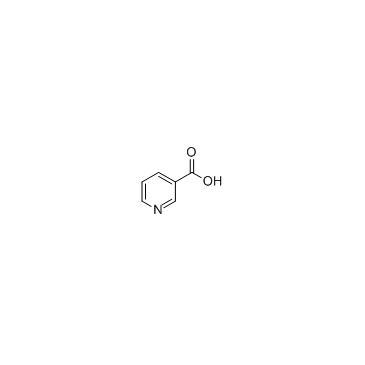 |
Nicotinic acid
CAS:59-67-6 |
|
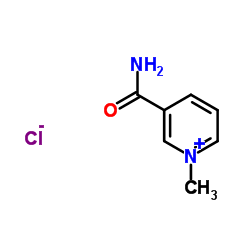 |
nicotinamide chloromethylate
CAS:1005-24-9 |
|
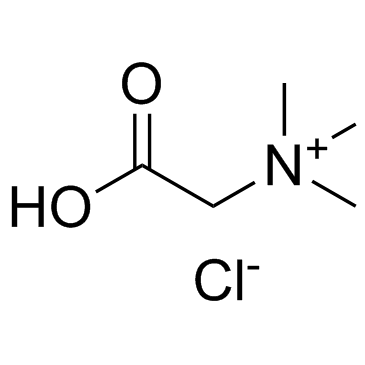 |
Betaine Hydrochloride
CAS:590-46-5 |
|
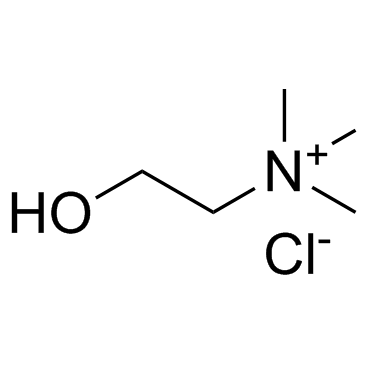 |
Choline chloride
CAS:67-48-1 |
|
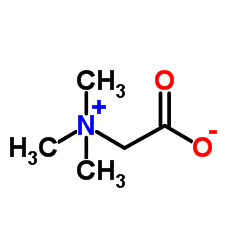 |
Betaine
CAS:107-43-7 |